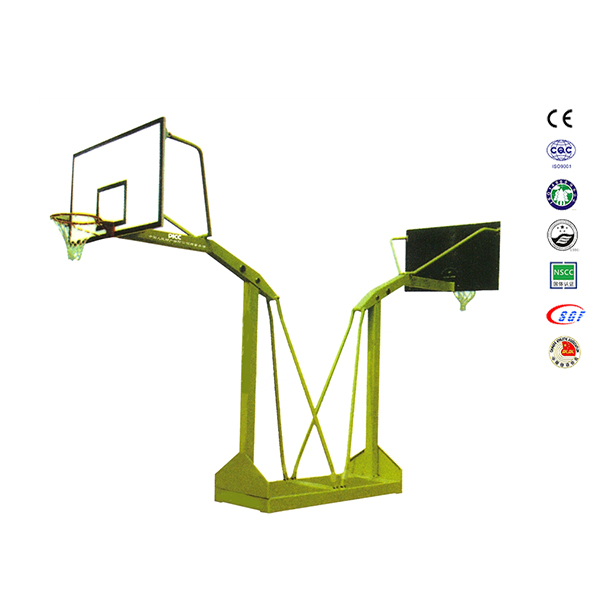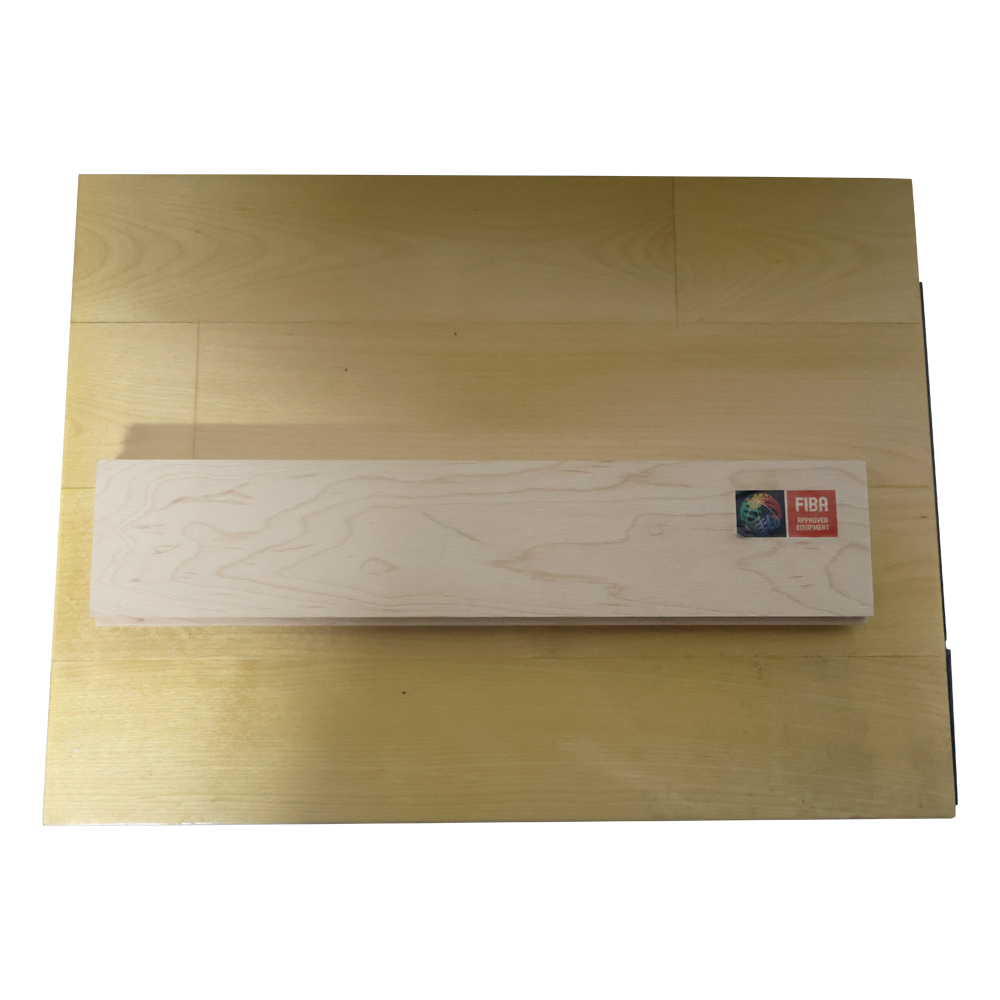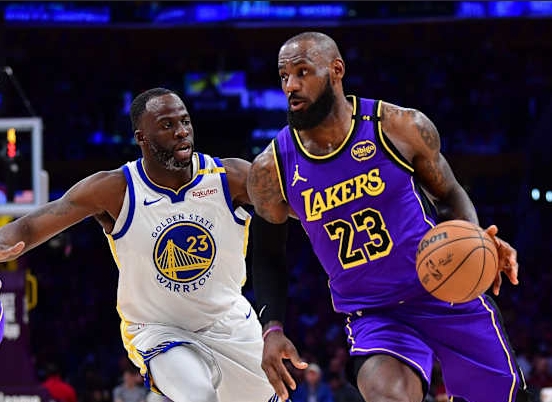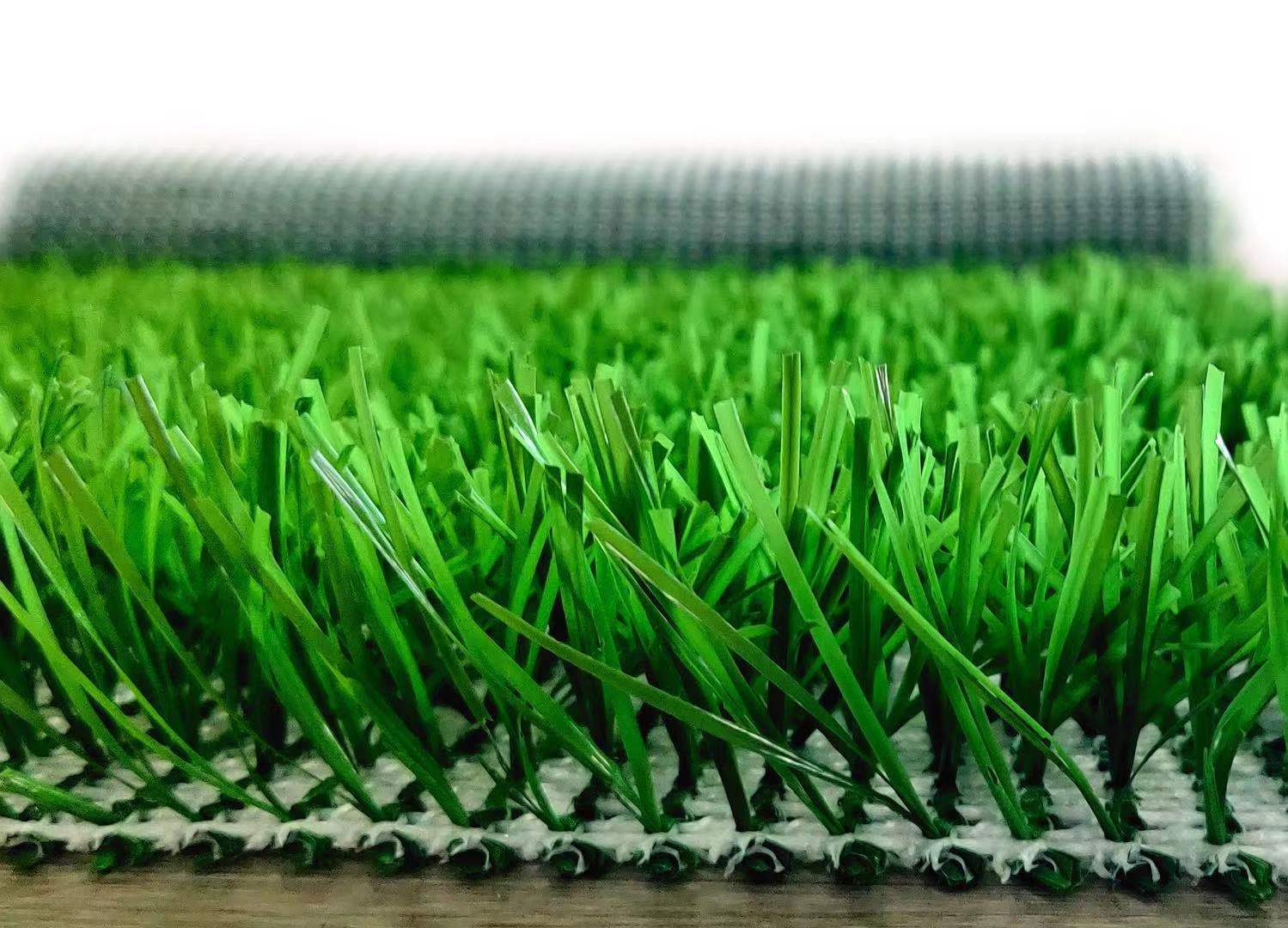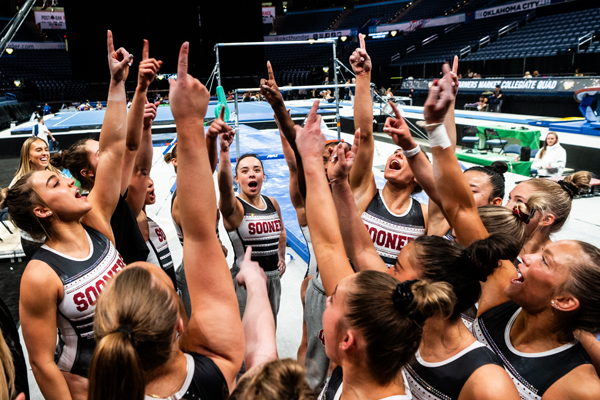Product
How did messi learn to play soccer
Basic Info
Messi's skills come from years of training and talent. He demonstrated excellent football talent from a young age and received professional training at the New Les Quirmis Club in Buenos Aires.
Afterwards, he joined Barcelona's youth academy La Masia and received systematic and comprehensive football training there. During his time at La Masia, Messi gradually developed his unique and outstanding skills, including rapid acceleration, agile footwork, precise passing and shooting techniques, and more. In addition, Messi continuously improves his skills by observing and imitating the techniques of other excellent players. He utilizes his talent and relentless efforts to constantly improve his football skills, becoming a top tier football star that attracts worldwide attention.
Afterwards, he joined Barcelona's youth academy La Masia and received systematic and comprehensive football training there. During his time at La Masia, Messi gradually developed his unique and outstanding skills, including rapid acceleration, agile footwork, precise passing and shooting techniques, and more. In addition, Messi continuously improves his skills by observing and imitating the techniques of other excellent players. He utilizes his talent and relentless efforts to constantly improve his football skills, becoming a top tier football star that attracts worldwide attention.
One of the hottest things recently is the World Cup.
The final of the World Cup will be held on December 18th, and the two sides of the match are Argentina led by Lionel Messi and France led by Kylian Mbappe.
Both Messi and Mbappe have been labeled as “soccer geniuses”.
But in the highly competitive game of soccer, geniuses are like crucians in the river, what exactly makes them keep riding on the field?
Lionel Messi's philosophy is deliberate practice.
Messi has been playing soccer since he was a child, and his talent may have allowed him to start faster than others, but being in the soccer world for 20 years is not something that talent can carry.
It's more a matter of deliberate practice, year after year, day after day.
Let's go through “Deliberate Practice” to understand the reasons why geniuses become geniuses.
We always have this question in our mind: are geniuses born?
The author of “Deliberate Exercises” says that geniuses are trained.
Everyone knows that Mozart was a musical genius, but chances are you don't know his background.
Mozart's father was a composer and a music teacher.
His house was filled with all kinds of musical instruments, just about everything one can imagine, and not just musical instruments.
It can be said that Mozart, the child, was soaked in music.
In the end, Mozart was able to stand out, but it was really more about him training hard enough.
Experiments in Deliberate Training of Musical Geniuses
In another classic experiment, researchers gave children four or five short training sessions, each lasting only a few minutes, until they were able to recognize all 14 chords chosen by the musician Sakakibara.
Some children completed the program in less than a year, others took a year and a half.
Then, once a child had learned to recognize the 14 chords, she was tested to see if she could correctly name the pitch of a single chord.
Upon completion of the training, each child in the study developed perfect pitch and was able to recognize the pitch of a single song played on the piano.
When it comes down to it, it's all about training these little kids to be sensitive to pitch. You can think of this experiment as our exams, with a bank of questions and questions based on the bank of questions, and with specialized training, you too can become a genius.
Through Mozart and these trained children, we understand where there is what is called genius, you see only the moment of success, you do not see the efforts behind them.
In fact, many children nowadays have been playing the piano since they were young, with the guidance of famous teachers. If they were placed in ancient times, they would have been geniuses too.
With the advancement of technology, we can train our skills deliberately and we can become geniuses.
We are lazy by nature and always looking for excuses to try to avoid practicing.
One day, Gladwell, the bestselling author of The Other Guys, will tell you: “What makes a genius exceptional is not his natural ability, but his constant effort. With 10,000 hours of practice, anyone can go from ordinary to extraordinary.”
With 10,000 hours of practice, there is hope of becoming a leader in your field, regardless of talent or origin.
Your heart is pounding - your ordinary life can finally begin to reverse itself: buy Gladwell's book now and sign up for one of the 10,000-hour practice groups.
It's called the 10,000-hour rule!
The truth, however, is that there is no 10,000-hour rule; it's just a less-than-scrupulous interpretation of psychological science research by a best-selling author.
A clever mind game that can be played to refute the 10,000 hour rule is the sand pile paradox proposed by the ancient Greek philosopher Eubulides: 1 grain of sand is not a pile.
If 1 grain of sand is not a heap, then 2 grains of sand are not a heap; if 2 grains of sand are not a heap, then 3 grains of sand are not a heap; and so on, 9,999 grains of sand are not a heap; therefore, 10,000 grains of sand are not a heap.
The misunderstanding we have is: deliberate training has no purpose, deliberate training is not focused enough, there is no feedback or no master teacher to guide us.
For example, after work, many of us have to do PPT, and even the time to do PPT can develop a skill.
But why we still have not become PPT design master?
In fact, PPT design master, need your originality, need your aesthetic ability, need your adaptability.
And you just set a template to do out of the PPT, neither purposeful training, nor focused training, and even more no one to give you feedback.
So even if you spend 20,000 hours, you can't become a PPT design master.
So how can you avoid self-righteous practice and make yourself effective in every training?
Now the NBA has a technology, motion capture technology, that gives you tailored feedback based on your movements and scoring.
This should be the most advanced feedback technology.
True intentional practice involves stepping out of your comfort zone with a precise purpose, a focused attitude, effective feedback, and even the need to break out of your old perceptions.
First, it requires a trade or field that has been reasonably well developed, and being reasonably well developed suggests that you are able to achieve the training through a variety of reasonable purposes.
Second, it requires a mentor who is able to assign practice assignments that correspond to your conditioning and where you need to progress.
At the same time, the author also shares 4 principles of deliberate practice in the book:
1. Define the goal, so that you can understand where you can have better ability to improve;
2. find benchmarks, for example, you can find the best experts in the field, and then compare to get quality feedback;
3. analyze the reasons, find out the differences between outstanding people and others, and study the possible reasons for success behind these outstanding people or success stories;
He defined his goals in soccer, then trained with the Barcelona youth team, and finally continued to commit himself, even at the age of 37, he is still running on the field.
We may not have been able to choose what we wanted to do when we were kids, but you can still become a master at something if you still have time.
So, anything is possible.
More LDK football product recommendations:
The final of the World Cup will be held on December 18th, and the two sides of the match are Argentina led by Lionel Messi and France led by Kylian Mbappe.
Both Messi and Mbappe have been labeled as “soccer geniuses”.
But in the highly competitive game of soccer, geniuses are like crucians in the river, what exactly makes them keep riding on the field?
Lionel Messi's philosophy is deliberate practice.
Messi has been playing soccer since he was a child, and his talent may have allowed him to start faster than others, but being in the soccer world for 20 years is not something that talent can carry.
It's more a matter of deliberate practice, year after year, day after day.
Let's go through “Deliberate Practice” to understand the reasons why geniuses become geniuses.

Messi in the national team
What you think is genius is just the result of hard work.
We are always envious of geniuses standing in front of the podium, and it is impossible for us not to envy them when they have achieved success.We always have this question in our mind: are geniuses born?
The author of “Deliberate Exercises” says that geniuses are trained.
Everyone knows that Mozart was a musical genius, but chances are you don't know his background.
Mozart's father was a composer and a music teacher.
His house was filled with all kinds of musical instruments, just about everything one can imagine, and not just musical instruments.
It can be said that Mozart, the child, was soaked in music.
In the end, Mozart was able to stand out, but it was really more about him training hard enough.
Experiments in Deliberate Training of Musical Geniuses
In another classic experiment, researchers gave children four or five short training sessions, each lasting only a few minutes, until they were able to recognize all 14 chords chosen by the musician Sakakibara.
Some children completed the program in less than a year, others took a year and a half.
Then, once a child had learned to recognize the 14 chords, she was tested to see if she could correctly name the pitch of a single chord.
Upon completion of the training, each child in the study developed perfect pitch and was able to recognize the pitch of a single song played on the piano.
When it comes down to it, it's all about training these little kids to be sensitive to pitch. You can think of this experiment as our exams, with a bank of questions and questions based on the bank of questions, and with specialized training, you too can become a genius.
Through Mozart and these trained children, we understand where there is what is called genius, you see only the moment of success, you do not see the efforts behind them.
In fact, many children nowadays have been playing the piano since they were young, with the guidance of famous teachers. If they were placed in ancient times, they would have been geniuses too.
With the advancement of technology, we can train our skills deliberately and we can become geniuses.

Customized standard football field
True deliberate practice must fulfill three conditions
No one can deny that practice makes perfect.We are lazy by nature and always looking for excuses to try to avoid practicing.
One day, Gladwell, the bestselling author of The Other Guys, will tell you: “What makes a genius exceptional is not his natural ability, but his constant effort. With 10,000 hours of practice, anyone can go from ordinary to extraordinary.”
With 10,000 hours of practice, there is hope of becoming a leader in your field, regardless of talent or origin.
Your heart is pounding - your ordinary life can finally begin to reverse itself: buy Gladwell's book now and sign up for one of the 10,000-hour practice groups.
It's called the 10,000-hour rule!
The truth, however, is that there is no 10,000-hour rule; it's just a less-than-scrupulous interpretation of psychological science research by a best-selling author.
A clever mind game that can be played to refute the 10,000 hour rule is the sand pile paradox proposed by the ancient Greek philosopher Eubulides: 1 grain of sand is not a pile.
If 1 grain of sand is not a heap, then 2 grains of sand are not a heap; if 2 grains of sand are not a heap, then 3 grains of sand are not a heap; and so on, 9,999 grains of sand are not a heap; therefore, 10,000 grains of sand are not a heap.
The misunderstanding we have is: deliberate training has no purpose, deliberate training is not focused enough, there is no feedback or no master teacher to guide us.
For example, after work, many of us have to do PPT, and even the time to do PPT can develop a skill.
But why we still have not become PPT design master?
In fact, PPT design master, need your originality, need your aesthetic ability, need your adaptability.
And you just set a template to do out of the PPT, neither purposeful training, nor focused training, and even more no one to give you feedback.
So even if you spend 20,000 hours, you can't become a PPT design master.
So how can you avoid self-righteous practice and make yourself effective in every training?
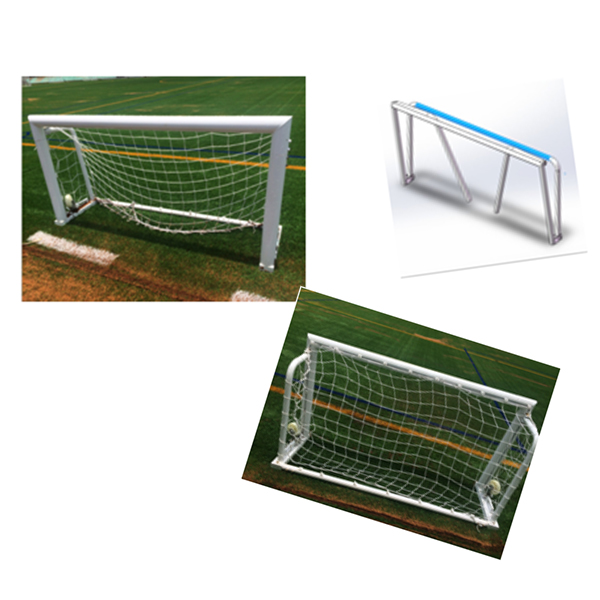
The author shares 4 ways to avoid this in his book:
First, practice with a purpose and a specific well-defined goal;
Training aimlessly will not improve your skills, you need to define clear specific goals that can be effectively used to guide your practice.Second, practicing with a purpose is focused;
To make progress, you must be completely focused on your task. Many people who practice ineffectively are not focused enough; it's all about the body training and the mind not training;Third, purposeful practice includes feedback;
No matter what you are trying to do, you need feedback to accurately identify where you are still deficient and how those deficiencies can exist.Now the NBA has a technology, motion capture technology, that gives you tailored feedback based on your movements and scoring.
This should be the most advanced feedback technology.
Fourth, practicing with a purpose requires getting out of your comfort zone;
For any type of practice, this is a fundamental truth: if you never force yourself out of your comfort zone, you will never progress.True intentional practice involves stepping out of your comfort zone with a precise purpose, a focused attitude, effective feedback, and even the need to break out of your old perceptions.

How to do deliberate practice
We need to understand what deliberate practice is.
Deliberate practice differs from other types of purposeful practice in two important ways:First, it requires a trade or field that has been reasonably well developed, and being reasonably well developed suggests that you are able to achieve the training through a variety of reasonable purposes.
Second, it requires a mentor who is able to assign practice assignments that correspond to your conditioning and where you need to progress.
At the same time, the author also shares 4 principles of deliberate practice in the book:
1. Define the goal, so that you can understand where you can have better ability to improve;
2. find benchmarks, for example, you can find the best experts in the field, and then compare to get quality feedback;
3. analyze the reasons, find out the differences between outstanding people and others, and study the possible reasons for success behind these outstanding people or success stories;
4. Continuous commitment, so that you constantly invest time and energy in training, the best way is to find the best mentor.
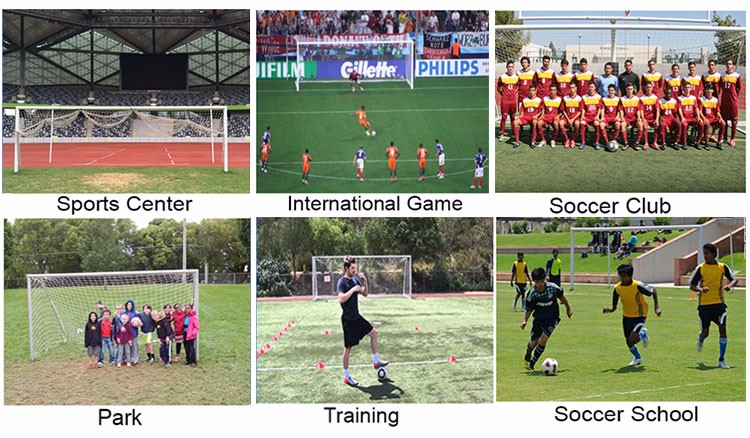
Summarize
Messi's philosophy is one of deliberate practice.He defined his goals in soccer, then trained with the Barcelona youth team, and finally continued to commit himself, even at the age of 37, he is still running on the field.
We may not have been able to choose what we wanted to do when we were kids, but you can still become a master at something if you still have time.
So, anything is possible.
Bibliography: Deliberate Practice
More LDK football product recommendations:
Football Cage
Futsal Goals
Metal Football Goal
Aluminum Football Goal
Foldable Football Goal
Portable Football Goal
Mini Football Goal






